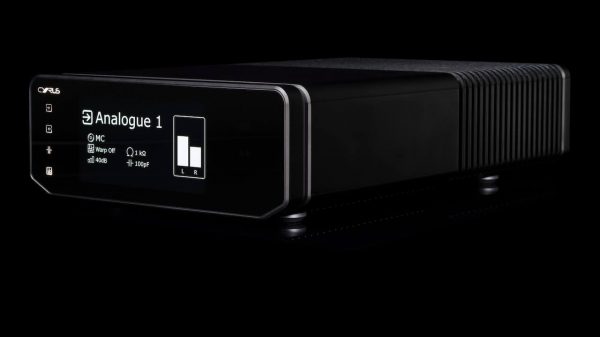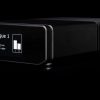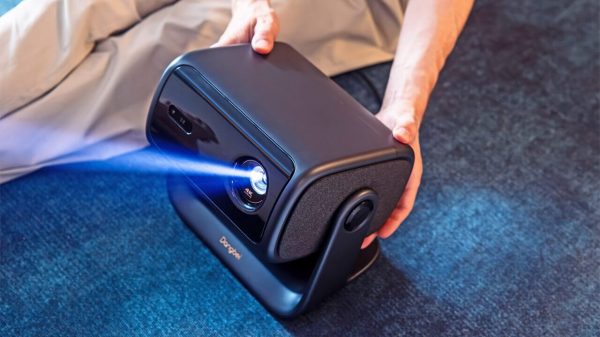When the weather turns cold and flu season kicks in many people head to their doctor to get a shot in order to prevent becoming sick. This same philosophy is practiced by car owners who change their oil every 7,000 miles so that they may avoid any engine problems in the future. The truth is there are many acts that we take every day that are done in an effort to evade any potential problems. Often times these decisions are based on the understanding that if nothing is done then the results could be very unpleasant, nobody wants to spend three days in bed recovering from a flu and nobody wants to hear a mechanic tell them their engine is shot.
While the majority of people do a good job keeping these disasters in check there are still a few areas that need improvement, one being the continued maintenance of their computer. For whatever reason the health of a hard drive is often overlooked and this mistake could easily result in a computer crash and the loss of all their files.
We have all heard about the dangers of computer viruses so we install software that will protect our hard drive from potential attacks, the same can be said for implementing spam filters to block junk mail from our inbox. Of course these are both necessary tools to keep your computer healthy but they are not the only things that need to be done, just like changing your oil won’t be much help if you don’t keep your tires inflated.
It is important to understand that just because you take the steps to prevent one problem it doesn’t mean you become immune to others. For computer owners the prevention of viruses and spam will not protect you from the potentially devastating disease known as fragmentation.
While viruses and spam are products of an outside source and easily recognizable fragmentation is a disease that originates on the hard drive and is typically misdiagnosed because the computer owner is unfamiliar with the disease. Because the main symptom of fragmentation is a slowdown in computer speed most people believe the problem is a bad Internet connection or the age of their computer when in reality it has nothing to do with either.
That slowdown is a direct result of the number of fragmented files on the hard drive and when the number becomes too great the computer crashes. Fragmented files exist due to the very manner in which the hard drive is designed. Every time a file is saved on the hard drive it is placed directly behind the last file saved and so on. This contiguous method of saving files presents problems when an existing file is modified or changed because when it is resaved it no longer fits in the same space. When this happens the hard drive cuts the excess information and stores it in the next available space, this is now a fragmented file.
There is no limit to how many times a single file can be fragmented meaning your hard drive could have a file that is broken into thousands of pieces. Each time that file is pulled up the hard drive is forced to search for all the pieces that comprise that file thus the slowdown. Over time the hard drive becomes so overrun by fragmented files that it can no longer handle the workload of retrieving a file and the computer crashes.
But just like you would get a shot to prevent the flu or change the oil to avoid the engine problems you can prevent fragmentation from ever occurring if you take preventative measures. This means installing defragmentation software on your hard drive. By doing this you can safeguard your hard drive from the inevitable crash that will result on an unprotected computer.
Defrag software will scan the hard drive for fragmented files and repair the damaged files, saving them in one space. This simple act will not only make it easier for your hard drive to locate files it will also increase the speed and extend the life of your computer.























